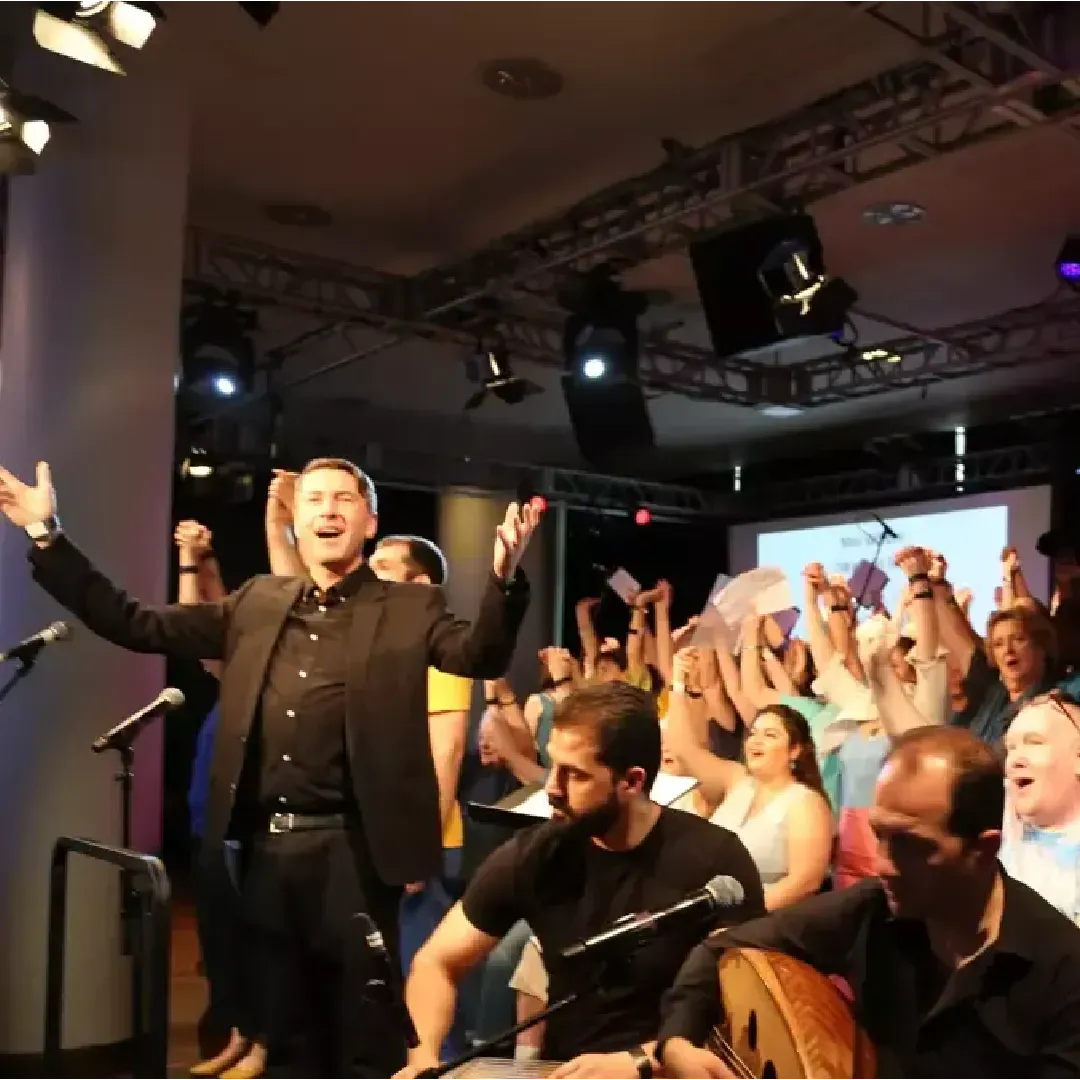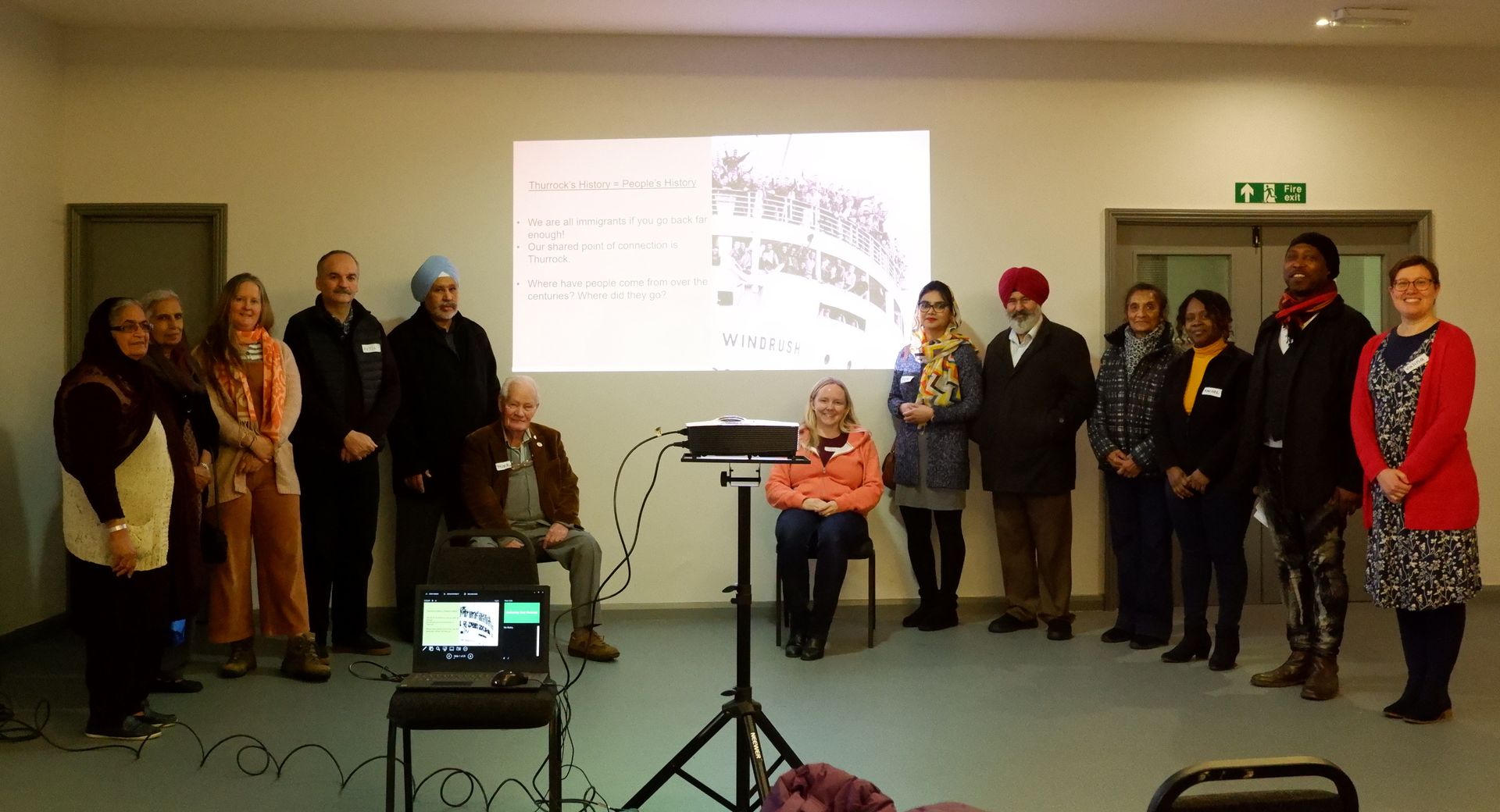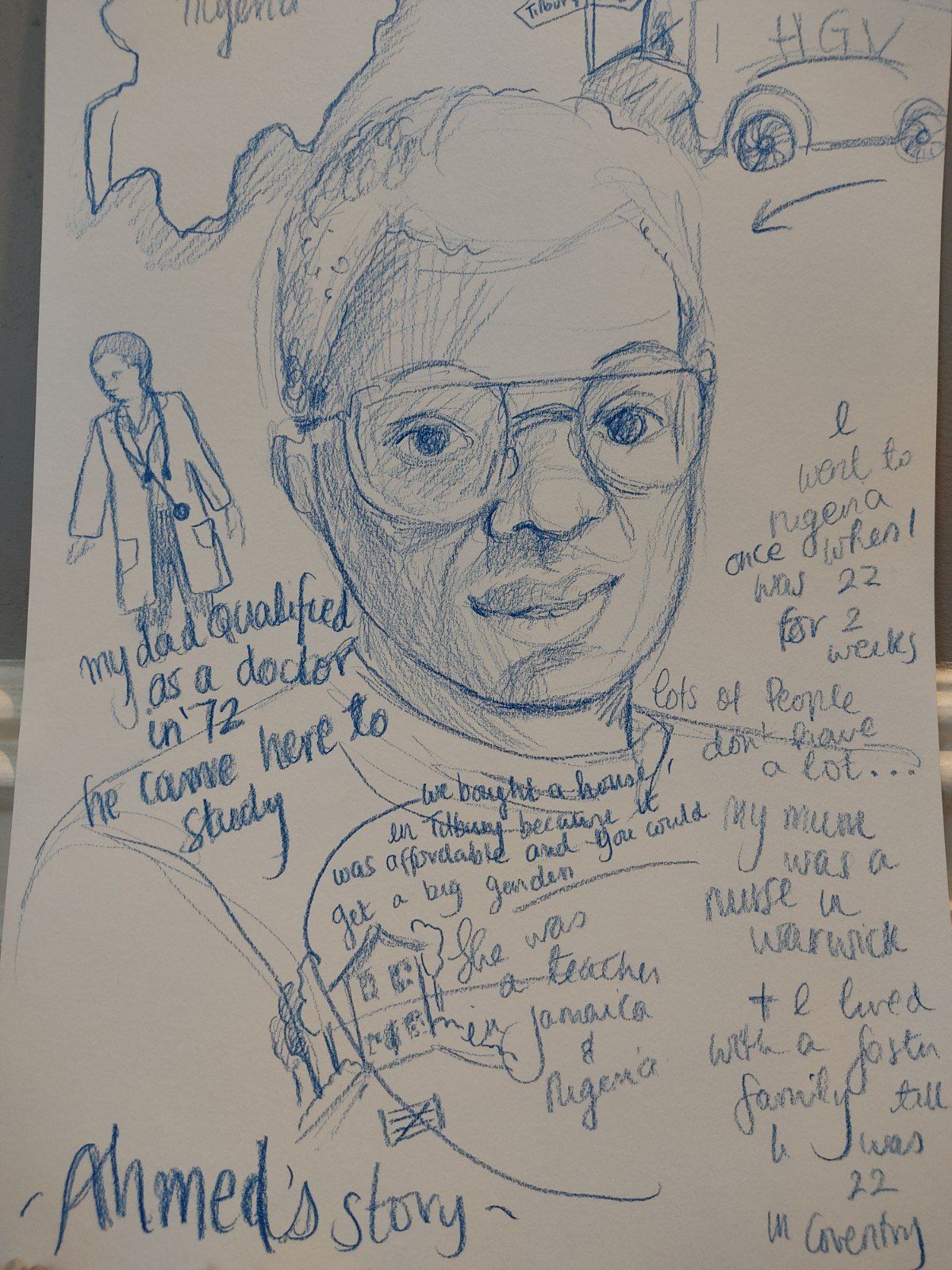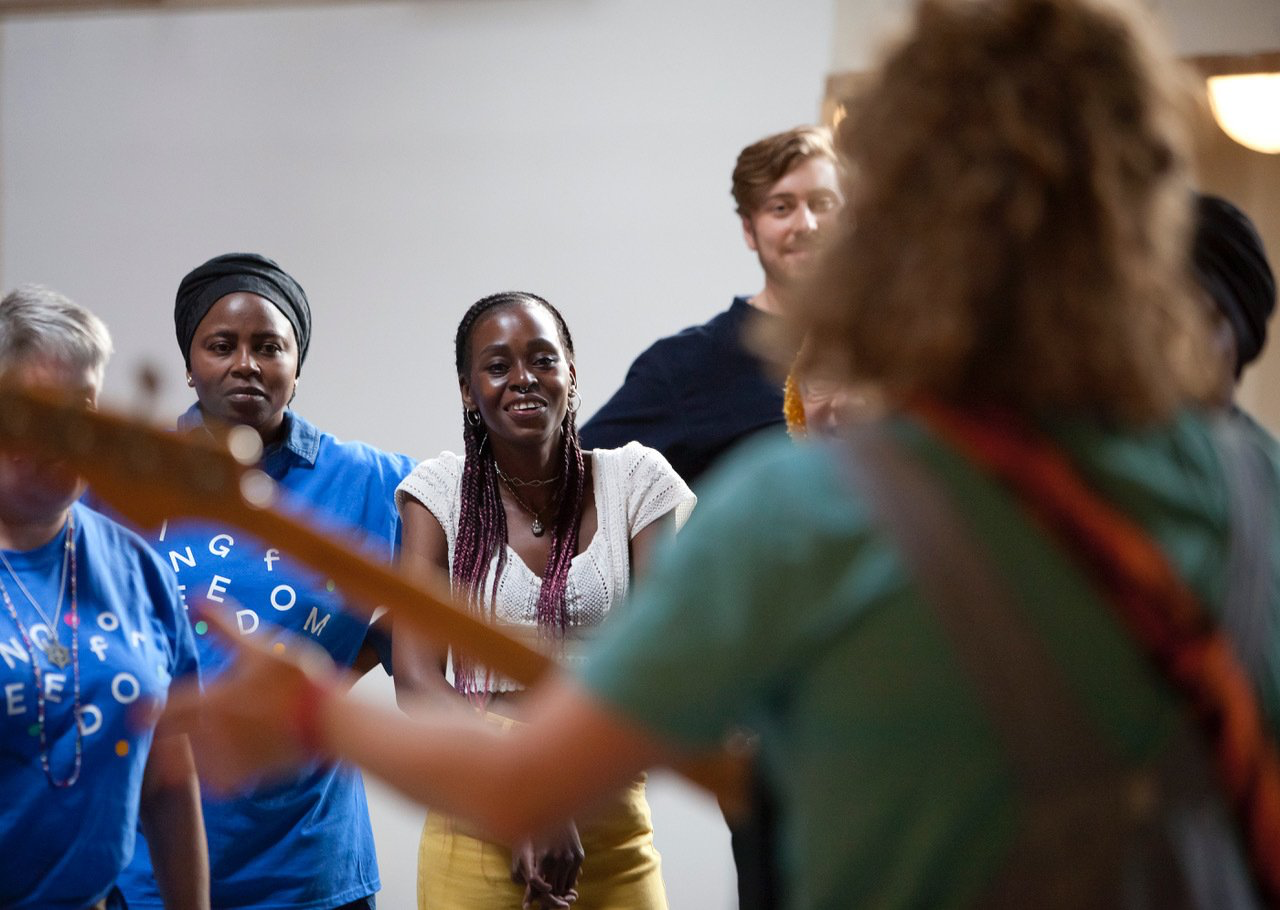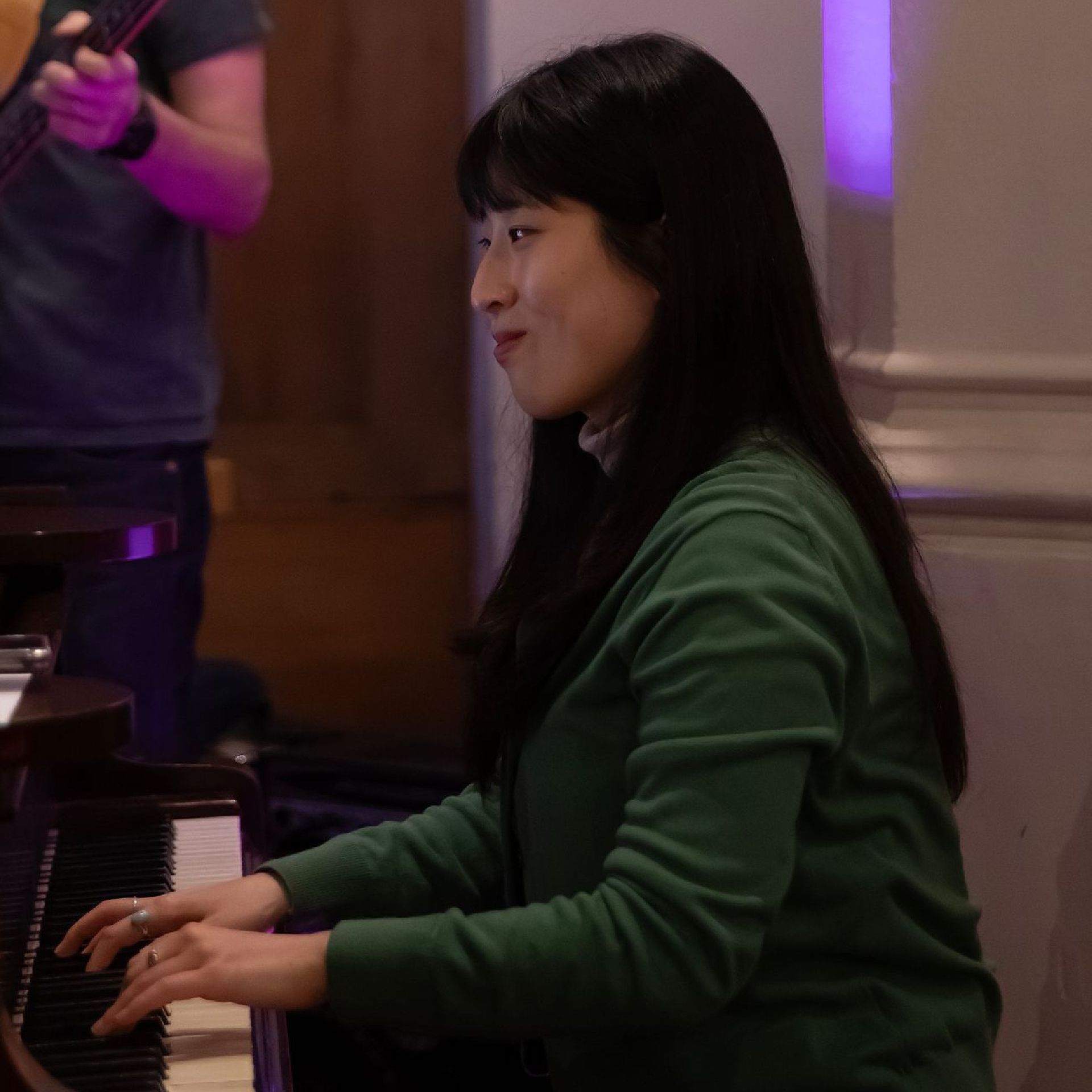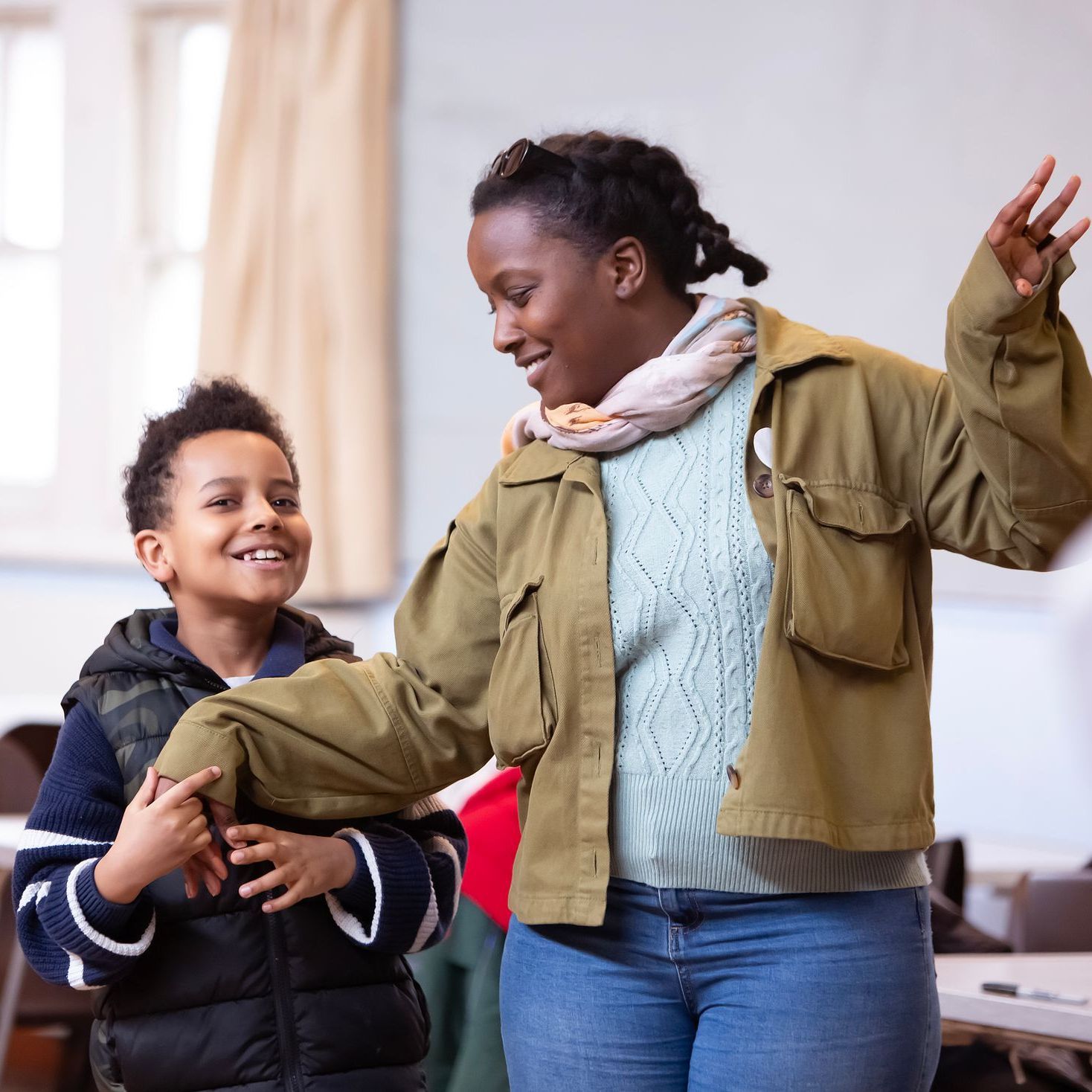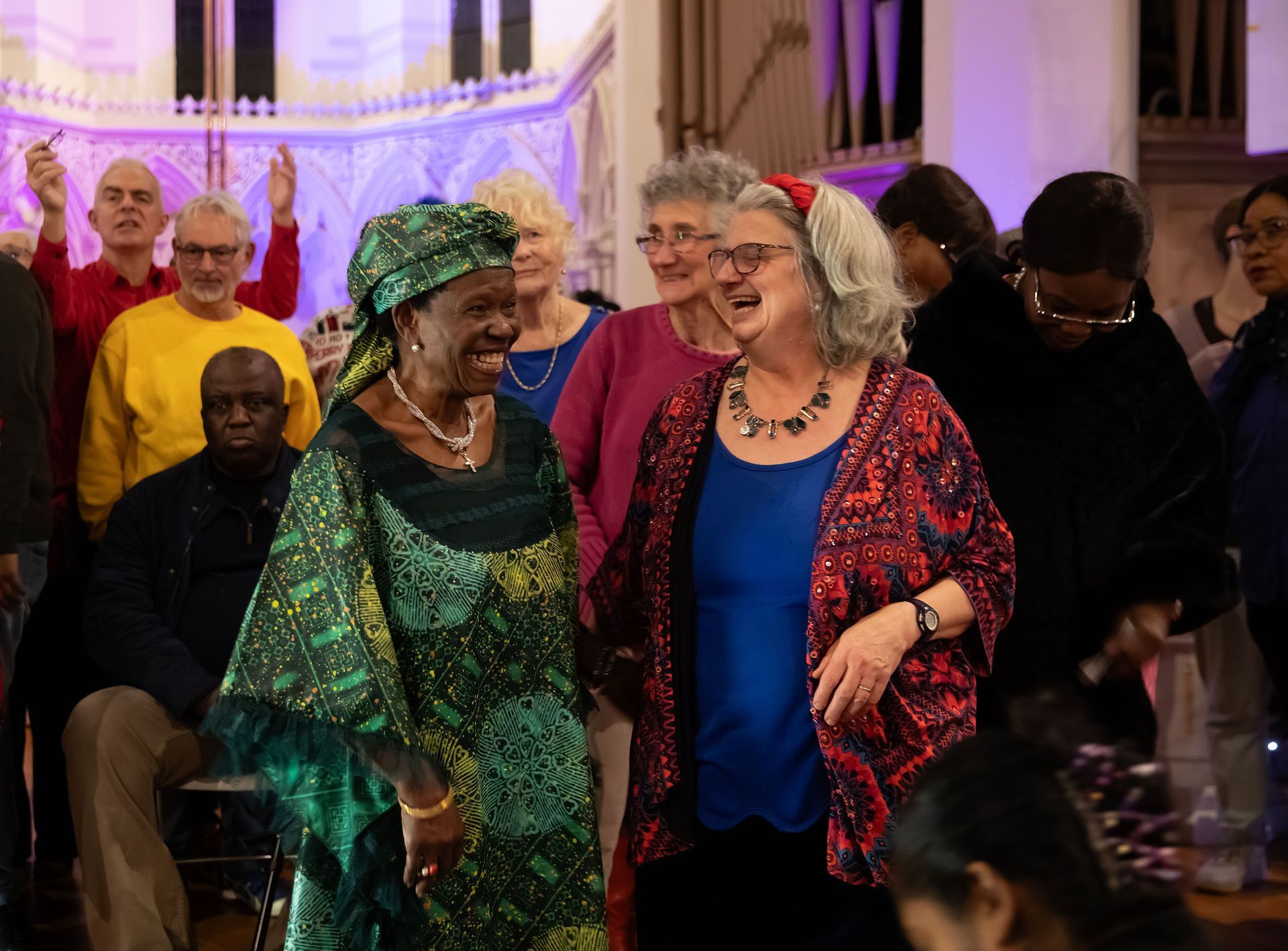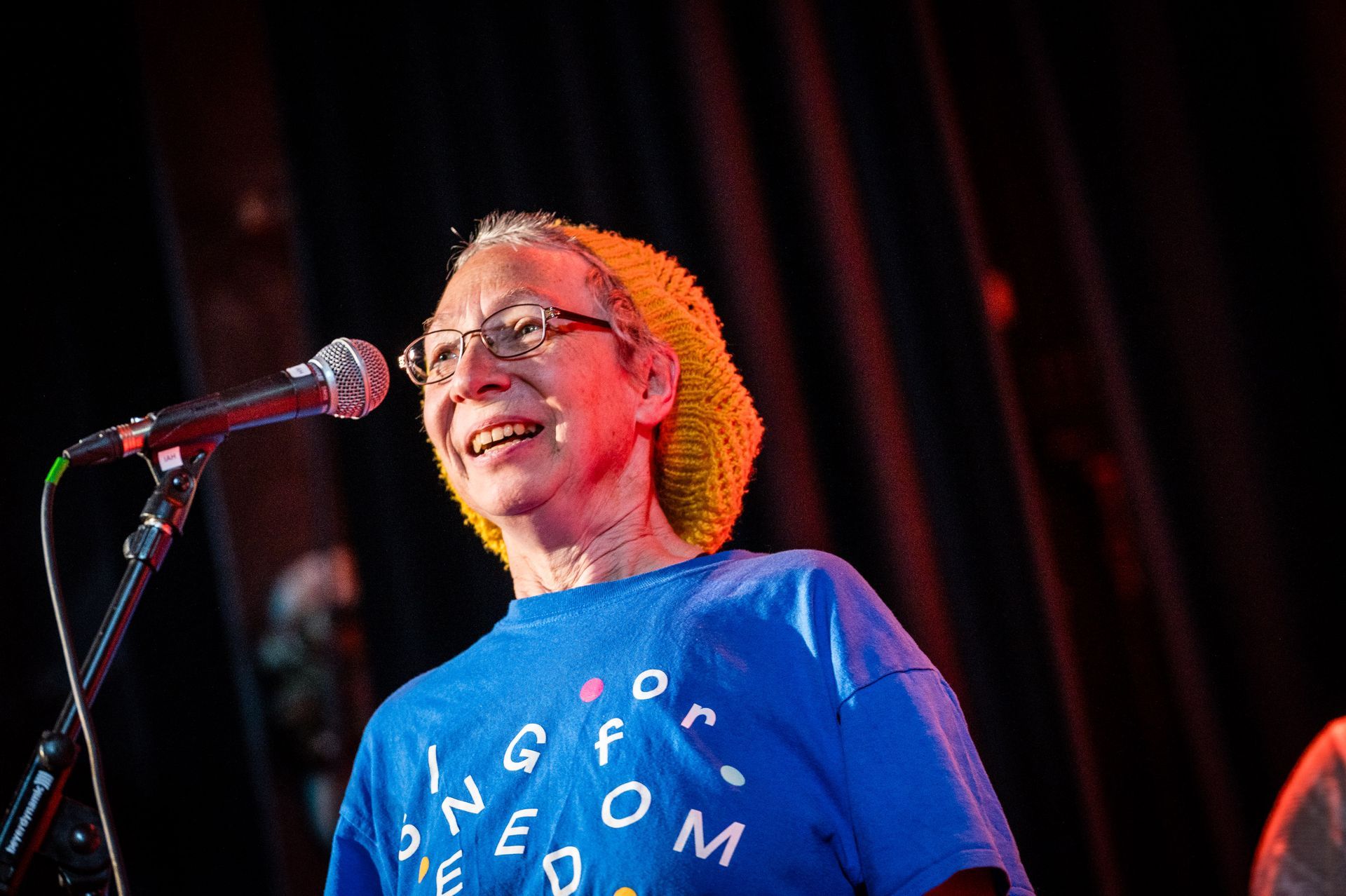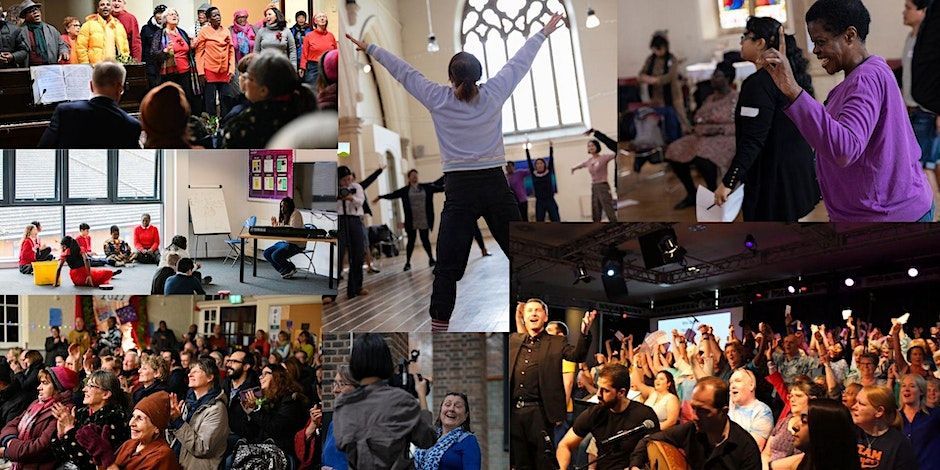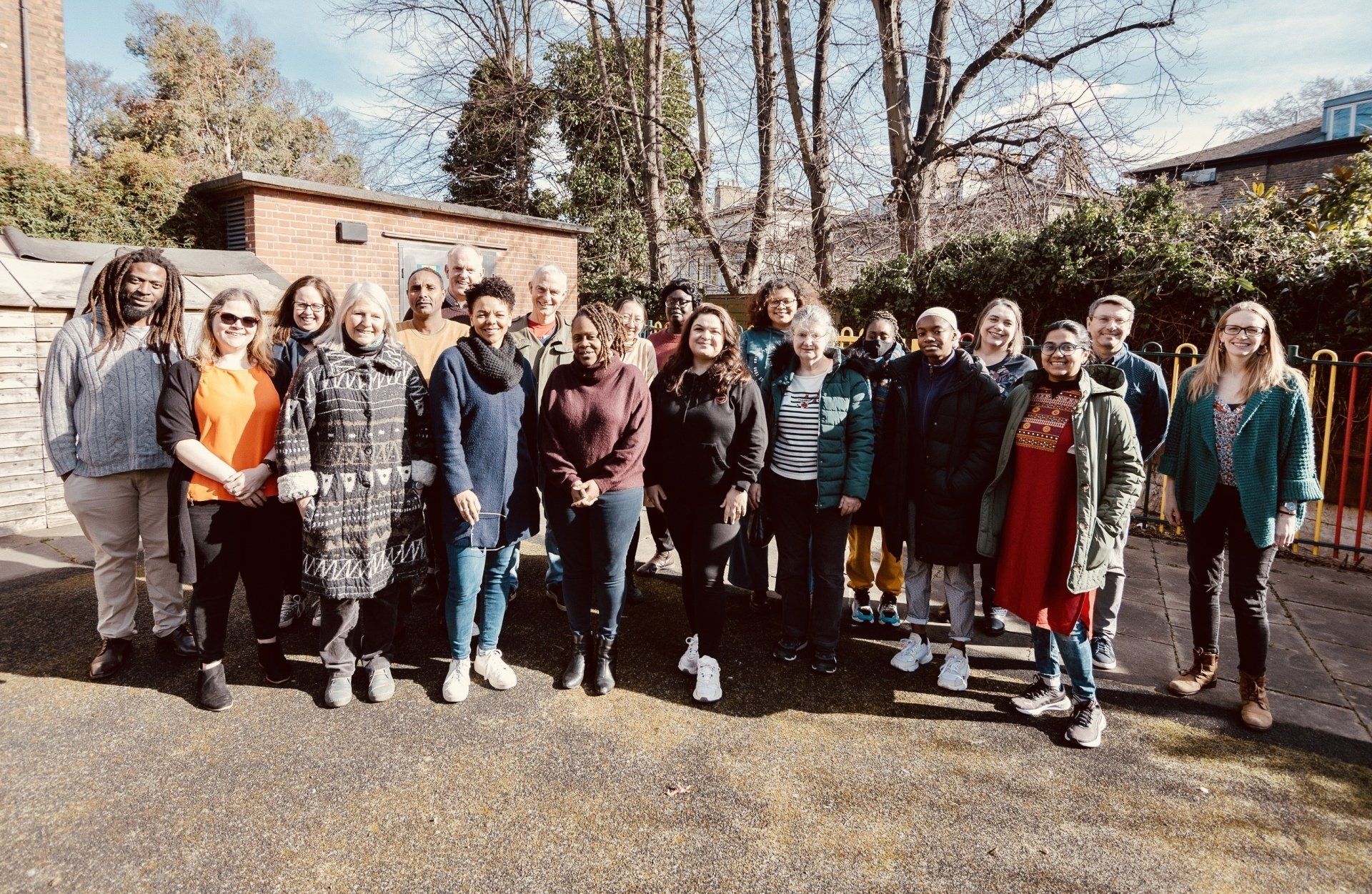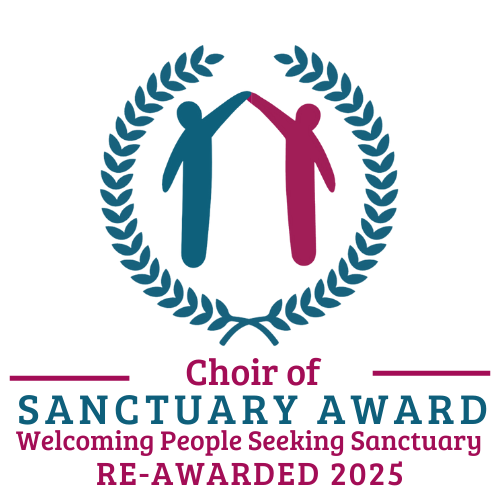There is no shame in admitting you are struggling
To mark Mental Health Awareness Week and the work of Together Productions to promote better understanding around mental health, our fantastic team member Kushinga shares her personal story
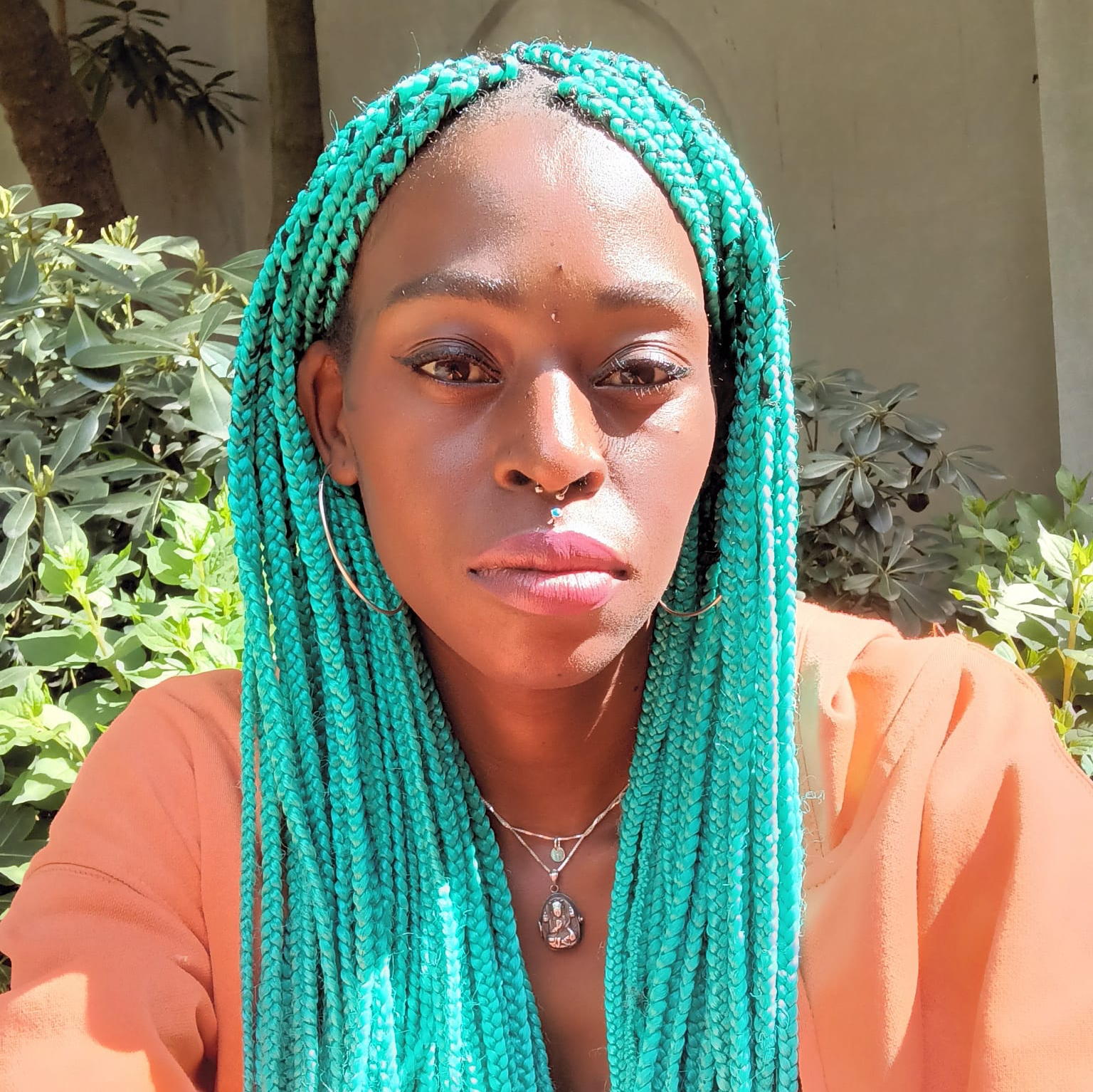
Trigger warning: suicide, self-harm, depression, personality disorder, PTSD
My name is Kushinga. I am the Engagement & Pathways Coordinator for the Sing for Freedom Choir. My role involves supporting choir members from a sanctuary seeking background and facilitating their engagement within the choir. I also work for Reading Refugee Support Group. I am an Ambassador for City of Sanctuary and a human rights advocate.
After struggling with mental health issues since childhood and years of misdiagnosis, I was finally diagnosed with a personality disorder in my mid-twenties. It was such a relief to have a name put on the burden I had been carrying most of my life. Since childhood, I have struggled with emotional instability and relationships with others. Borderline Personality Disorder can severely impact your life and day to day living. I also have a diagnosis of PTSD and some of the symptoms include flashbacks, nightmares and severe anxiety. Sometimes I experience debilitating anxiety and struggle to get out of bed. On a bad morning, I'll cry and will myself out of bed before I get on with my day.
In the past I have been taken to A&E or been admitted to the local mental health hospital as an outpatient, after trying to take my own life. This has happened on several occasions over the years when life has taken its toll and I have felt like I cannot go on. For someone with BPD, suicidal thoughts are a regular occurrence. I have been in and out of treatment for half my life and have been taking anti-depressants for seventeen years. The catalyst was a particularly bad episode which finally made me admit that I needed help.
For many years I was ashamed to admit I needed help and refused treatment. This view was partly due to my background. In African communities there's a huge stigma attached to mental health. I thought that taking anti-depressants would mean I was weak and had failed. Growing up in Zimbabwe, no one spoke about mental illness, and if they did there were so many negative connotations attached with the condition. In Africa, being mentally ill means you are crazy, have been possessed by the devil or evil spirits. Many African people in the UK still take that view, which is a shame as it puts lives in danger.
As a former asylum seeker, I understand the challenges faced by those who go through the process. People who have travelled here dangerously, been tortured, victims of gender-based violence and war are more likely to experience mental health problems. Stigma, religious and cultural beliefs mean they are less likely to seek help. The new Nationality and Borders Bill and the prospect of being sent to Rwanda will put asylum seekers and refugees under immense emotional strain and I have no doubt that some will take their own lives.
This Mental Health Awareness Week, I want to shine a light on mental health within the asylum and refugee community and urge people to ask for help and to talk about how they feel. There is no shame in admitting that you are struggling. I want to urge people to practice kindness towards one another, be open minded and to listen.
There's a common belief that people facing mental health challenges are unable to make positive contributions to society or have meaningful lives. With the right support and early intervention having ill mental health should not be a barrier. It is said that those diagnosed with Borderline Personality Disorder find it difficult to hold down jobs. I refuse to believe that and am an example that this is not the case. Alongside having two jobs and juggling life as a mother and wife, I am often involved in other projects. I am living with mental health challenges and trying to make the best of my life whilst working to improve the lives of others
I hope that by being open about my story, I will encourage others to tell theirs. It's the only way to eradicate the stigma attached to mental health within our communities.
You can find Kushinga on Instagram @asylumseester
